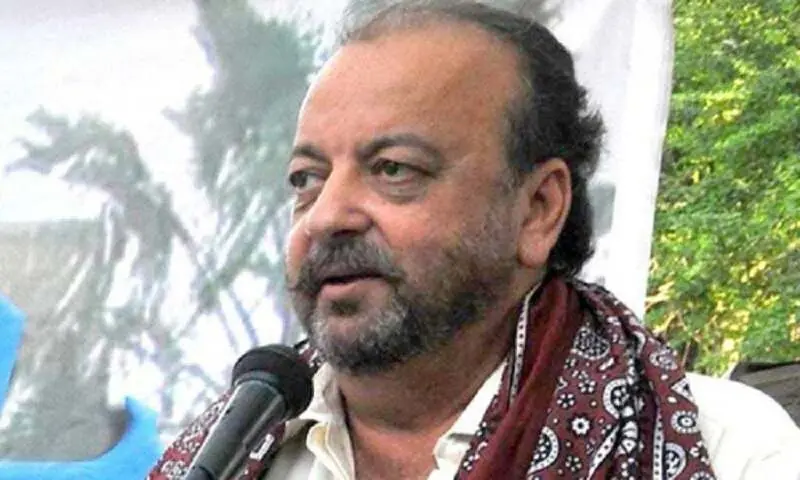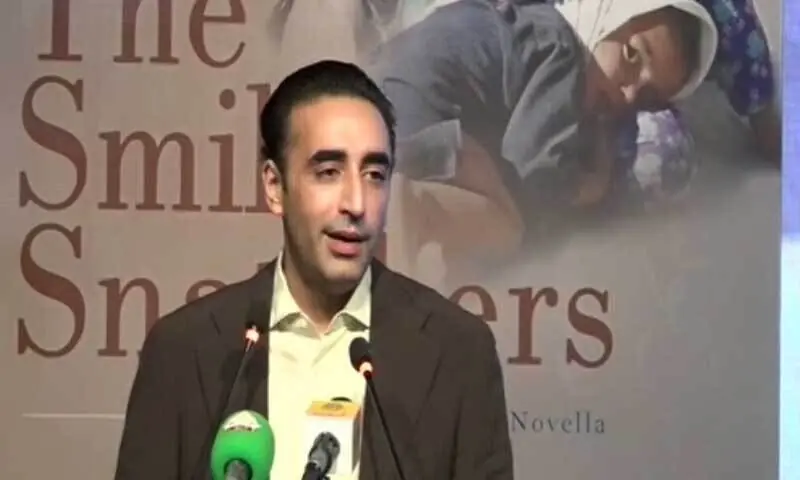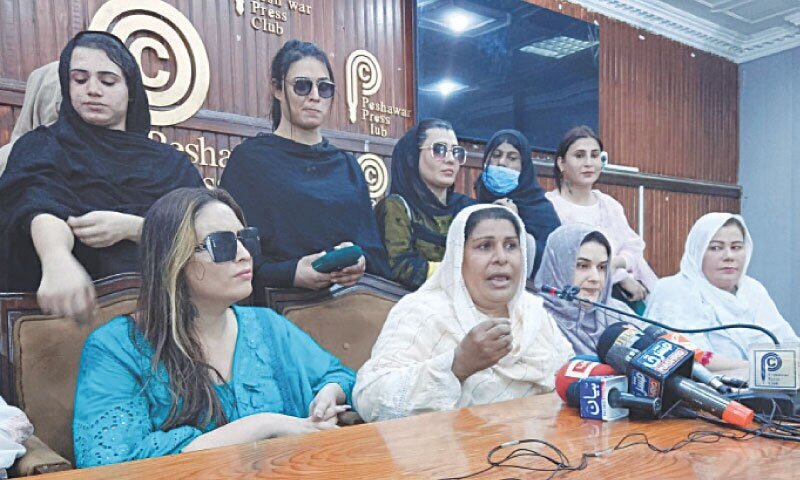Every year, the International Day of School Meals is celebrated on the second Thursday of March, calling attention to the importance of nutritional school meals to promote children’s health, well -being and learning.
This is especially crucial in Pakistan, where 26 million children aged five to 16 are out of school, contributing to the global crisis of 251 million children around the world without access to education. Throughout the world, barriers such as poverty, food insecurity, gaps in school infrastructure, including classrooms, supplies, water and sanitation, continue to prevent children from receiving education.
Even among the registered, many children attend classes without breakfast, which hinders their ability to concentrate, learn and prosper. A school food program implemented in government schools in Pakistan could be a transformative solution, encouraging the poorest families to send their sons, especially daughters, school. Once in the classroom, school meals ensure that children are well fed and ready to learn.
School meal programs are a change of multisectoral game that improves children’s education, health and nutrition. In more general terms, they support the entire community by providing an important security network and when strengthening food systems and economies.
School meals are a strategic investment priority.
Global evidence shows that school meals produce $ 7 to 35 in yields for each dollar spent. Studies show that these school meals programs can be effective in improving nutrition and health, improving the results of education, relieving poverty and strengthening gender equality by limiting disagreement between girls.
The global impulse is growing. The school’s food coalition, a network of 100 governments and more than 130 partners, is supporting countries that expand policies and financing to ensure that all children have access to nutritional meals by 2030.
The governments of Benin, Brazil, France, Germany, Honduras, Indonesia, Kenya, Nigeria, Paraguay, Philippines, Sierra Leone and Tayikistan are leading the impulse to expand the provision of school meals. As part of these efforts, Brazil will be the host of the next summit of the coalition of global school meals this September to share best practices and promote more actions. Among the measures announced before the top of the G20 leaders a few months ago were the following:
– Indonesia will launch its free nutritional food program in January 2025, positioning it among the largest school food initiatives worldwide, reaching around 78 million schoolchildren by 2029.
– Philippines will double your investment to massively expand your 120 -day school meals program to a complete academic year, along with a pilot deployment for universal food, reaching more than 3m students and providing more than 360 m meals.
– Nigeria to relaunch its renovated school food program Hope National Home Growning Feeding that feeds 20 million children annually; Launching school farms that will contribute 10 percent of food to school food, hire 250,000 farmers and aggregators of small producers in school food, and improve school assistance and reduce children outside school for 30 percent by 2026.
The impulse is being built in Pakistan since 2021, when the Pakistan government supported the global coalition of school foods, committing to integrate school meals into the national education and social protection plans.
Last year, when Prime Minister Shehbaz Sharif declared an emergency of education, saying: “Education is not an expense, it is the most profitable investment,” the Federal Ministry of Education and Professional Training also launched a school meter program that addresses 55,000 schoolchildren of 207 schools at the federal level.
Meanwhile, the World Food Program was associated with the Baluchistan Education Department to start a school meals program, and during the first four months it reached more than 13,000 children in 39 schools. This year, the initiative will expand to a total of 20,000 children in 65 schools. Discussions on how to start, climb and maintain school meal programs are ongoing in other provinces.
With several countries in southern Asia that recently establish national legislation at school meals, Pakistan has a valuable opportunity to develop a similar framework. A solid legal basis can guarantee sustainable support and dedicated funds, ultimately, benefiting students from the poorest families throughout the country.
As it is projected that Pakistan becomes the third most populated country in the world by 2050, investing in the development of human capital through education, health and nutrition is more crucial than ever. Ensure that children receive meals at school not only improve their health, but will also increase their learning results, paving the way for a healthier and more prosperous future for the next generation.
The writer is the country’s director and representative World Food Program.
Posted in Dawn, March 15, 2025







